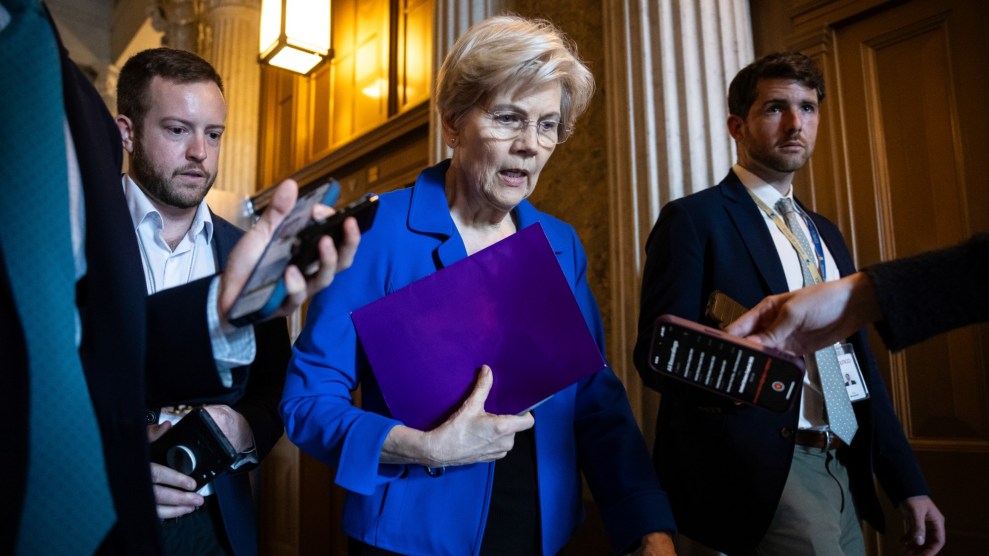Kevin Williamson doesn’t like the new budget deal. That’s no surprise: the reason Boehner is trying to pass this while he’s a lame duck is that he knows no one will like it. But that doesn’t matter to him anymore, so he’s willing to shrug and just get it done.
So what is Williamson’s specific gripe? That the deal basically does away with sequestration:
Democrats hated sequestration. Republicans hated sequestration.
Why?
Sequestration worked.
Sequestration is the reason why in recent years we’ve reduced federal spending substantially in GDP terms, from about 25 percent to about 20 percent. It is the main reason that we have reduced the federal deficit in GDP terms. Democrat-supporting welfare entrepreneurs hated it, and Republican-supporting military contractors hated it.
Ordinary Americans did not have much in the way of strong views on the matter, which often is the case when a policy actually does what it is supposed to. Effective government rarely is dramatic government.
No argument with the first sentence. Sequestration was specifically designed to be so unlikable that neither party would ever support it. The fact that it took effect anyway is a testament to the dysfunction of the federal government, not to the budget-capping wonders of sequestration.
But let’s review that last paragraph. Is sequestration really the “main” reason we’ve reduced federal spending from 25 percent of GDP to 20 percent? Hmmm:
- Spending hit 24.4 percent of GDP during the recession year of 2009. It was already down to 21.9 percent of GDP by 2012 and hit 21 percent in 2015.
- Sequestration started in 2013, so at most it could be responsible for 0.9 out of 3.4 points of that reduced spending.
- Was it? It theoretically reduced spending by $200 billion or so.
- That’s about 1 percent of GDP.
- In reality, CBO estimates that adjustments—primarily to fund overseas wars—ate into half of that. This means that sequestration lowered actual spending by about 0.5 percent of GDP.
- The rest of the decline from 21.9 percent to 21 percent comes from the fact that GDP recovered.
- So: of the spending reduction Williamson cites, about 0.5 percentage points was due to sequestration.
Now, I suppose that any kind of spending cut is a good cut to a conservative. But sequestration is responsible for only about a seventh of the spending reduction since 2009. The rest is due to (a) the end of stimulus spending, (b) reduced safety net spending as the recession eased, (c) the 2011 budget deal, and (d) the recovery of GDP growth, which automatically reduces spending as a percent of GDP.

















